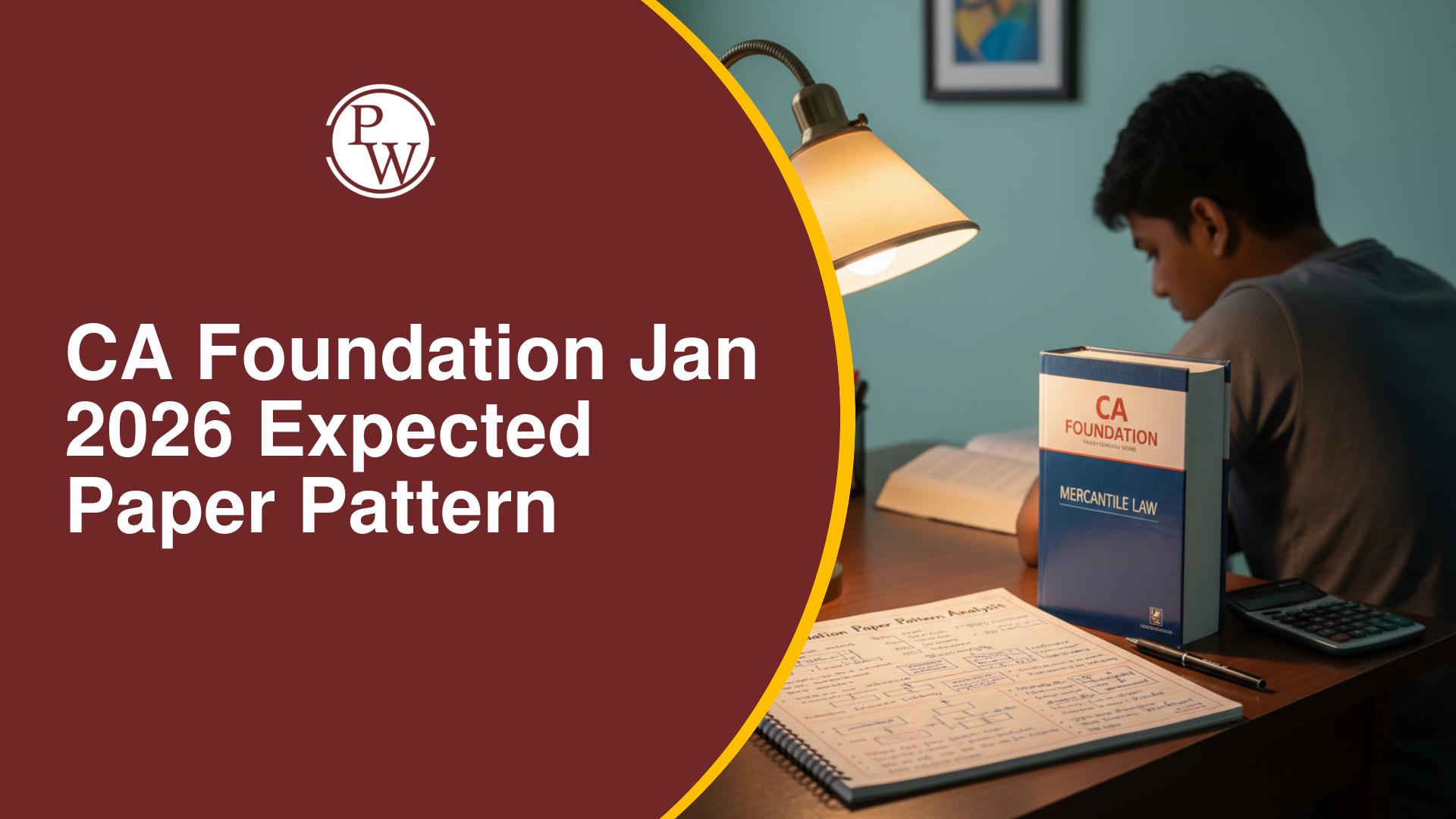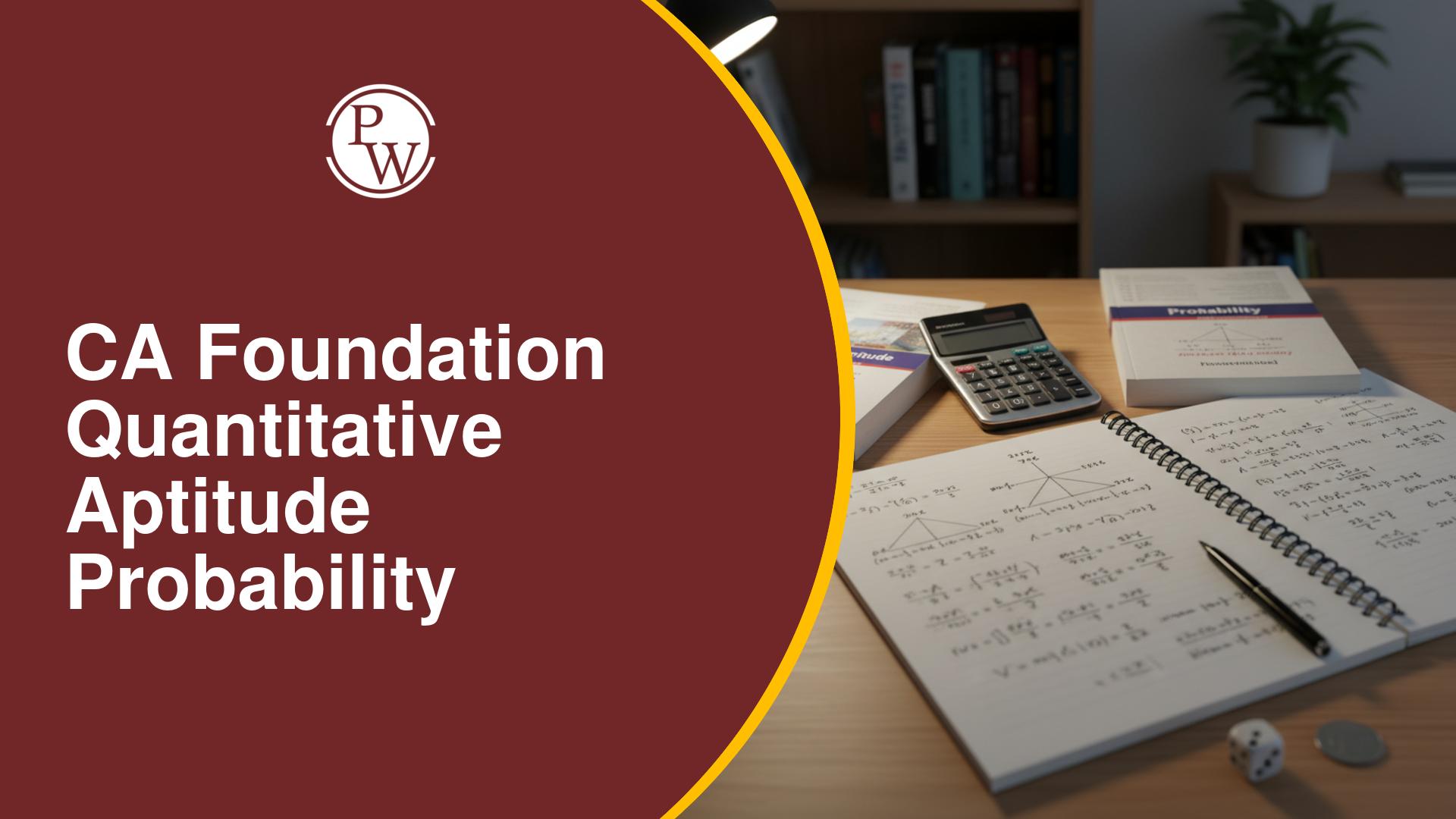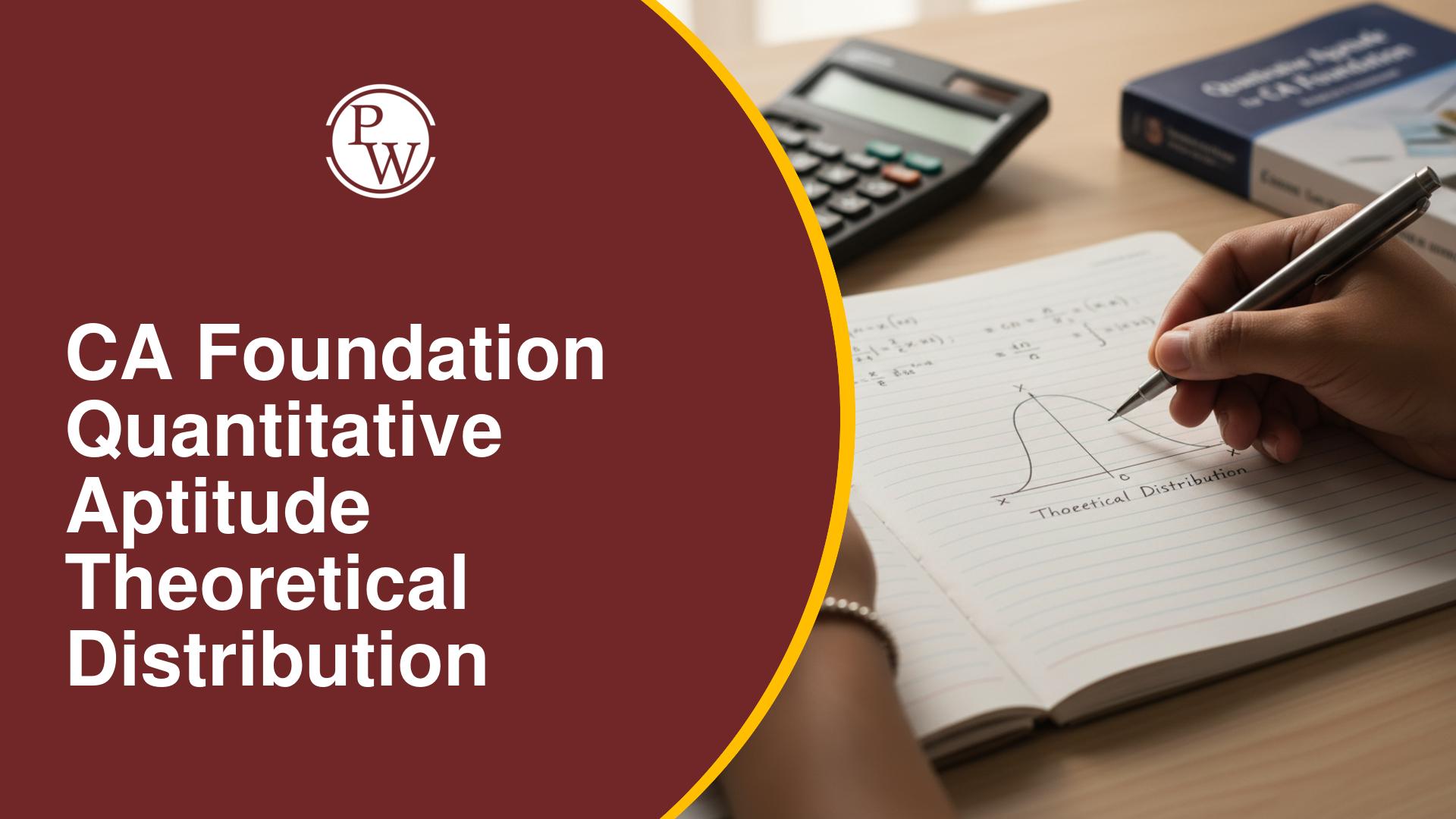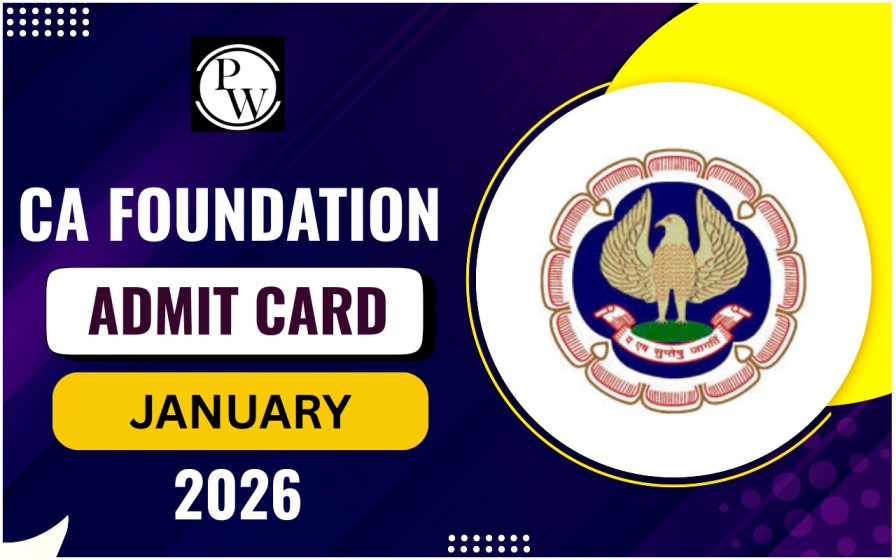
Understanding laws like The General Clauses Act, 1897 is very important for CA students. This act helps to clear confusing terms and brings consistency to how laws are understood. Think of it as a guide that makes complex legal terms easier to understand. It applies to all Central Acts and regulations in India and is crucial for interpreting laws correctly. For CA students, knowing this Act is not just about CA exams , it helps build problem-solving and legal skills for real-world applications.
What is The General Clauses Act 1897?
The General Clauses Act, 1897 is a law that explains and defines common legal terms used in Indian laws. It helps ensure that the same meaning is applied across all laws in India. This consistency makes it easier to understand and interpret legal documents. For example, words like "person" or "property" are clearly defined in this Act. It saves time and avoids confusion by giving a standard meaning to these terms. Even though it was created a long time ago during British rule, it is still used today in modern Indian laws. This Act is like a dictionary for legal terms that makes reading and understanding laws simpler for everyone, especially for CA students who need to analyze laws often.Objectives of The General Clauses Act, 1897
The primary goal of The General Clauses Act, 1897 is to streamline and standardize the legal interpretations across statutes. But what exactly does this mean for students preparing for the rigorous CA exams? The first objective is to minimize redundancy and promote uniformity in understanding legal terminology. By ensuring a consistent application of common definitions, the Act prevents misinterpretations. For instance, terms like "month" or "year," when left undefined, could lead to varying interpretations in different statutes. This Act puts such ambiguities to rest. Secondly, it saves valuable time for lawmakers, legal professionals, and students alike. Without such a guiding framework, every piece of legislation would have to provide its definitions and interpretative guidelines, creating unnecessary verbosity and complexity. Lastly, the Act equips aspiring CAs with a sharper understanding of statutory provisions. Since Chartered Accountants often deal with tax laws and corporate regulations, the clarity offered by this Act can help immensely. Whether it’s interpreting a contract clause or analyzing a taxation statute, having a foundational grasp of this Act is indispensable for future chartered accountants.Also Read: How to Get Rank in CA Exams?
Key Provisions of The General Clauses Act, 1897
The Act’s provisions can be categorized based on their scope and relevance to legal interpretation. The following are its main components.Definitions and General Principles (Section 3)
This part explains the meaning of many common words used in laws, like "affidavit," "immovable property," and "government." These definitions ensure that everyone understands these words the same way in every law.Repeal and Revival of Statutes (Sections 6 to 8)
These sections talk about what happens when a law is canceled or replaced by a new law. For example, if a law is repealed, any actions already taken under that law will still be valid.Power to Issue Notifications (Section 21)
This part gives authorities the power to issue or change orders and notifications as needed. This flexibility helps the government and other authorities to manage laws efficiently.Computation of Time (Section 9)
This section explains how to count time in legal matters. For instance, if a law says an action should be done within "30 days," this section clarifies how to calculate those days.Delegation of Power (Section 14)
This allows authorities to pass on their powers to others unless the law specifically says they cannot. This helps in handling responsibilities better.Practical Applications of The General Clauses Act for CA
The relevance of The General Clauses Act, 1897 extends beyond academics, finding real-world applications in the daily operations of a Chartered Accountant.Understanding Tax Laws Tax rules often have complicated language. The definitions and principles from this Act make it easier to understand these rules and apply them correctly. This is very helpful in tax audits or filing returns.
Drafting and Reviewing Contracts When you work with contracts, you need to know the exact meaning of terms like "month," "year," or "property." The Act’s standard definitions make sure there are no misunderstandings while interpreting contracts.
Following Corporate Laws CAs deal with company regulations every day. This Act simplifies legal requirements, making it easier to stay compliant with various rules and avoid penalties.
Dive deeper into intricate legal topics like The General Clauses Act, 1897 with PW CA Courses. Our designed curriculum and engaging faculty ensure you crack your CA exams with confidence!| Also Check: | |
| Market Structures | Statistical Representation of Data |
| Correlation and Regression | Probability |
| Market Failure | Statistics |
The General Clauses Act, 1897 FAQs
What is the main purpose of The General Clauses Act, 1897?
Why is The General Clauses Act important for CA students?
Does the Act apply to state legislations?
How does Section 6 of the Act help in repealed statutes?










